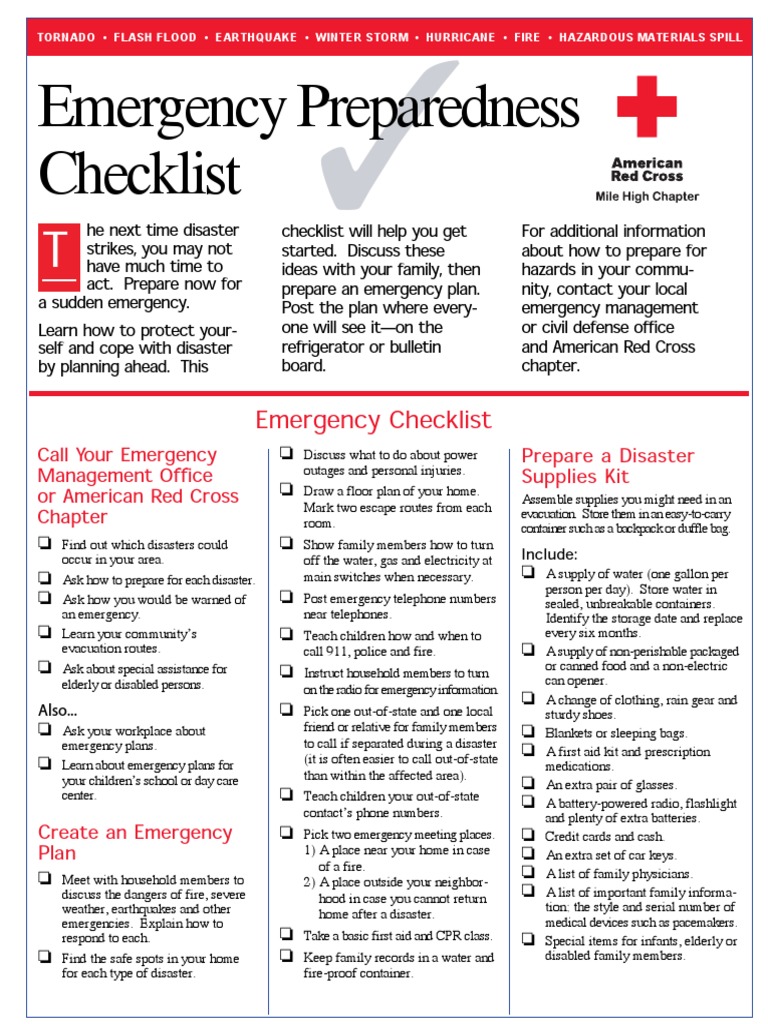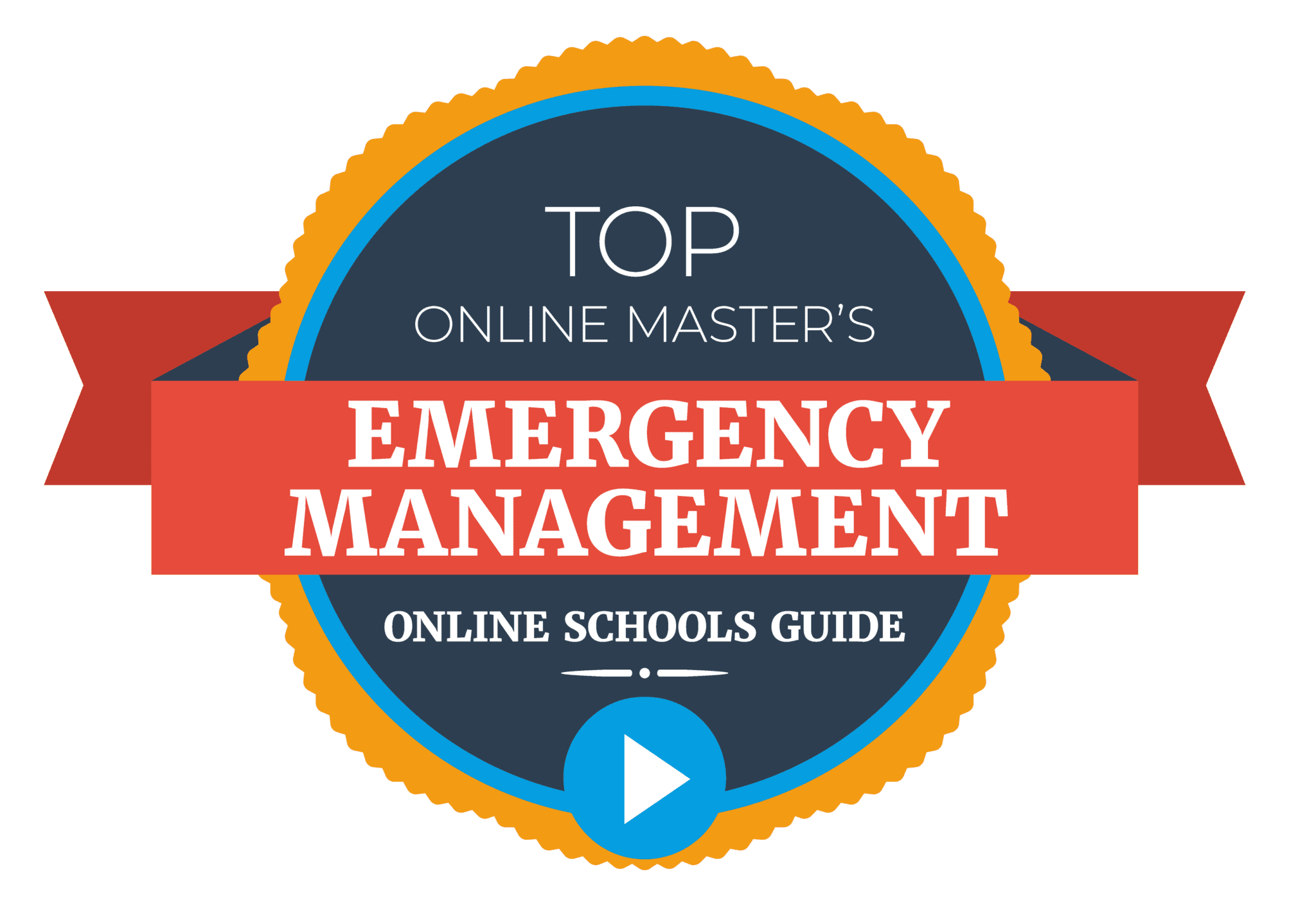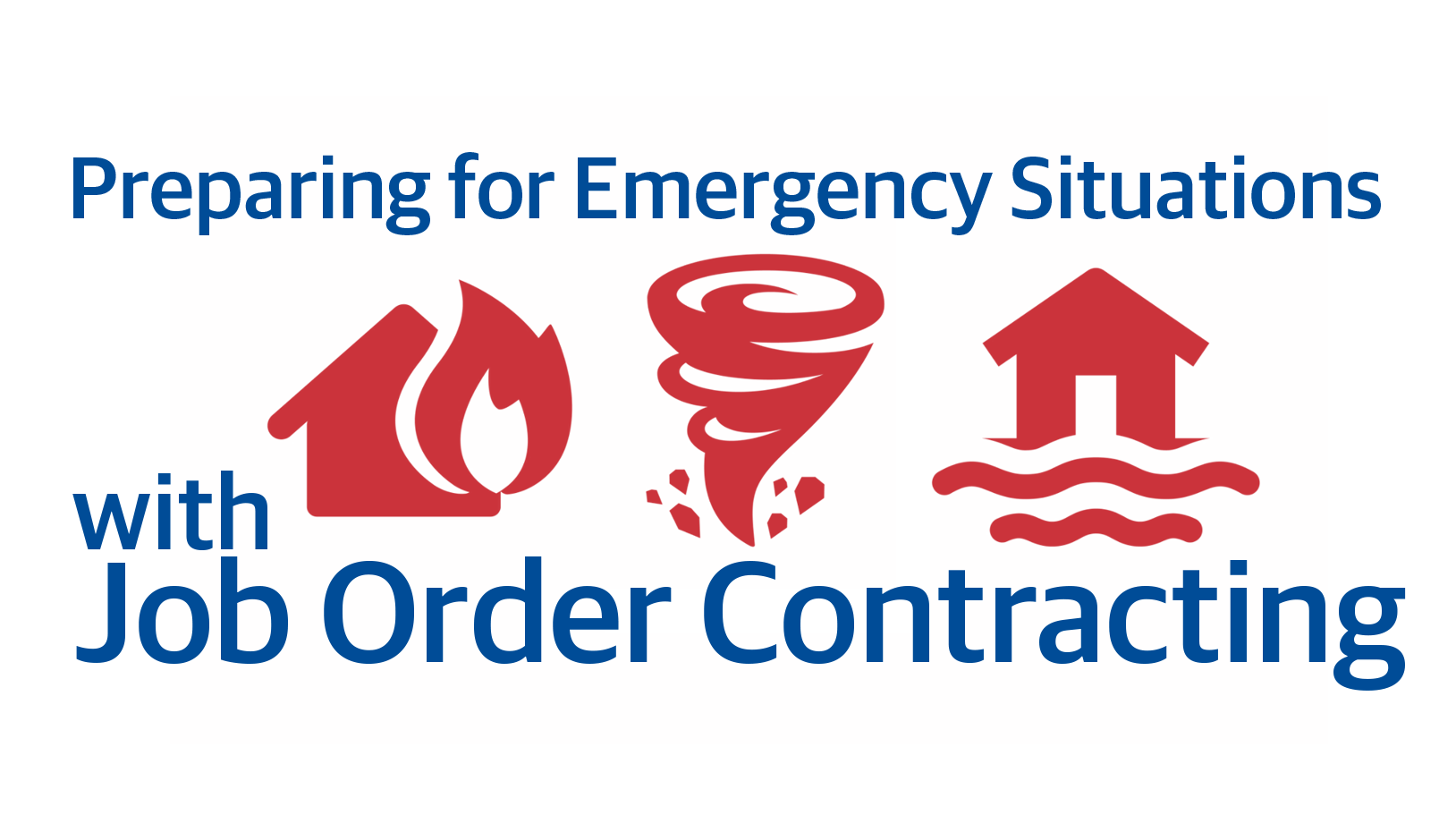Careers in Emergency Management: Preparing for the Unexpected

Understanding Emergency Management

Emergency management is a critical field that involves preparing for, responding to, and recovering from natural disasters, terrorist attacks, and other emergencies. It requires a unique blend of skills, knowledge, and experience to effectively manage emergency situations. As the world becomes increasingly complex and interconnected, the demand for emergency management professionals is on the rise. In this article, we will explore the various careers in emergency management, the skills and qualifications required, and provide guidance on how to prepare for a career in this field.
Careers in Emergency Management

Emergency management is a multidisciplinary field that encompasses a wide range of careers. Some of the most common careers in emergency management include:
- Emergency Management Director: Oversees emergency management programs, develops emergency plans, and coordinates response efforts.
- Disaster Response Specialist: Responds to disasters, assesses damage, and provides support to affected communities.
- Emergency Planner: Develops emergency plans, conducts risk assessments, and identifies mitigation strategies.
- Homeland Security Specialist: Works to prevent and respond to terrorist threats, and develops strategies to protect critical infrastructure.
- Business Continuity Planner: Helps organizations develop plans to ensure business continuity in the event of an emergency.
- Emergency Medical Technician (EMT): Provides medical care and transportation to individuals in emergency situations.
- Firefighter: Responds to fires, rescues individuals, and provides medical care.
- Search and Rescue Specialist: Locates and rescues individuals in emergency situations.
Skills and Qualifications

To succeed in a career in emergency management, you will need to possess a combination of skills and qualifications, including:
- Strong communication and leadership skills: Ability to communicate effectively with stakeholders, including the public, media, and emergency responders.
- Analytical and problem-solving skills: Ability to analyze complex situations, identify problems, and develop effective solutions.
- Emergency management knowledge: Familiarity with emergency management principles, practices, and regulations.
- Technical skills: Proficiency in emergency management software, such as geographic information systems (GIS) and emergency management information systems (EMIS).
- Physical and mental stamina: Ability to work in high-stress environments, lift heavy equipment, and respond to emergencies at a moment’s notice.
- Bachelor’s degree: Many emergency management careers require a bachelor’s degree in a field such as emergency management, homeland security, or a related field.
Preparing for a Career in Emergency Management

If you are interested in pursuing a career in emergency management, here are some steps you can take to prepare:
- Earn a degree in emergency management or a related field: A bachelor’s degree in emergency management or a related field can provide a strong foundation for a career in emergency management.
- Gain experience through internships or volunteering: Internships or volunteer opportunities can provide hands-on experience and help you build connections in the field.
- Develop your skills: Develop your communication, leadership, and analytical skills through coursework, training, or certification programs.
- Stay current with industry developments: Stay up-to-date with the latest developments in emergency management by attending conferences, reading industry publications, and participating in online forums.
- Consider obtaining certifications: Certifications, such as the Certified Emergency Manager (CEM) or the Certified Business Continuity Professional (CBCP), can demonstrate your expertise and commitment to the field.
🚨 Note: Many emergency management careers require specialized training and certification. Research the specific requirements for your desired career and plan accordingly.
Specialized Training and Certification

In addition to a degree and experience, many emergency management careers require specialized training and certification. Some of the most common certifications in emergency management include:
- Certified Emergency Manager (CEM): Offered by the International Association of Emergency Managers (IAEM), this certification demonstrates expertise in emergency management principles, practices, and regulations.
- Certified Business Continuity Professional (CBCP): Offered by the Disaster Recovery Institute International (DRII), this certification demonstrates expertise in business continuity planning and management.
- Emergency Medical Technician (EMT) Certification: Offered by the National Registry of Emergency Medical Technicians (NREMT), this certification demonstrates expertise in emergency medical care and transportation.
| Certification | Offered By | Description |
|---|---|---|
| Certified Emergency Manager (CEM) | International Association of Emergency Managers (IAEM) | Demonstrates expertise in emergency management principles, practices, and regulations. |
| Certified Business Continuity Professional (CBCP) | Disaster Recovery Institute International (DRII) | Demonstrates expertise in business continuity planning and management. |
| Emergency Medical Technician (EMT) Certification | National Registry of Emergency Medical Technicians (NREMT) | Demonstrates expertise in emergency medical care and transportation. |

As the world becomes increasingly complex and interconnected, the demand for emergency management professionals is on the rise. By understanding the various careers in emergency management, developing the necessary skills and qualifications, and pursuing specialized training and certification, you can prepare for a rewarding and challenging career in this field.
In conclusion, a career in emergency management requires a unique blend of skills, knowledge, and experience. By following the steps outlined in this article, you can prepare for a career in emergency management and help make a difference in the lives of individuals and communities affected by emergencies.
What is emergency management?

+
Emergency management is a critical field that involves preparing for, responding to, and recovering from natural disasters, terrorist attacks, and other emergencies.
What are some common careers in emergency management?

+
Some common careers in emergency management include emergency management director, disaster response specialist, emergency planner, homeland security specialist, business continuity planner, emergency medical technician, firefighter, and search and rescue specialist.
What skills and qualifications are required for a career in emergency management?

+
To succeed in a career in emergency management, you will need to possess a combination of skills and qualifications, including strong communication and leadership skills, analytical and problem-solving skills, emergency management knowledge, technical skills, physical and mental stamina, and a bachelor’s degree in a field such as emergency management or a related field.